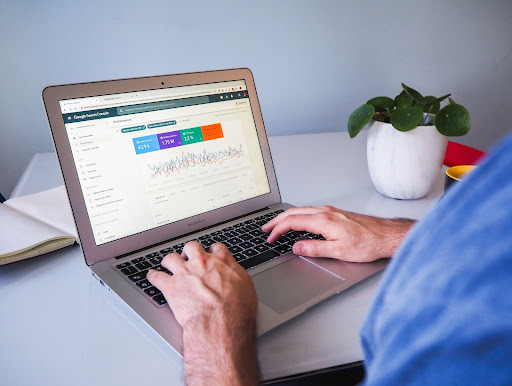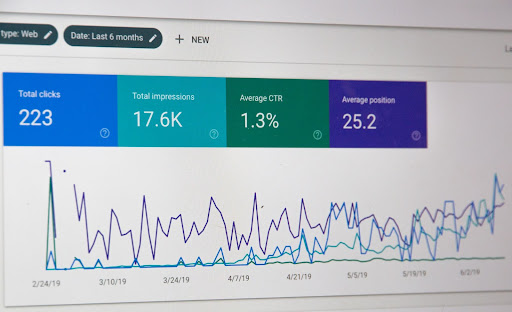How Do Paralegals Use Data Analytics?
In today’s high-tech business world, people reference many technical terms such as data mining and analytics. While these terms might seem applicable to information technology (IT) careers, they have broad applications in hundreds of occupations in multiple industries including the legal industry. Today, computer software companies provide tools legal professionals use to perform crucial tasks such as analyzing data. Paralegals familiar with these tools can increase their job prospects by increasing their efficiency and accuracy when collecting and presenting data. Let’s define data analytics, and look at ways paralegals use data analysis in the workplace.
Data Analytics
Data analytics refers to using data mining to gather multiple data sets from disparate sources, using data integration or data virtualization services to process that data, applying predictive analytics to project outcomes, and using data visualization to present results. Data sets from various sources are pooled and analyzed with data integration. With data virtualization, the data stays in its location. Still, it’s used with multiple data sources to ensure the analysis considers all data sources when identifying trends, making predictions, and preparing reports.
Data analytics software is more efficient, and users can generate meaningful reports in real-time, enabling them to use the latest data to project likely outcomes. This enables manufacturers to determine which products to make and helps retailers decide which products to carry. Companies can save money by investing resources into profitable products instead of developing products consumers aren’t buying.
Paralegals and Data Analytics
Paralegals are legal professionals who prepare case materials for lawyers. The research individuals, incidents, regulations, laws, or other topics. Paralegals also prepare the legal paperwork and gather evidence to support a client’s case. These legal professionals organize information, prepare summaries, get affidavits, and file paperwork with the courts. They may also assist lawyers at trial, schedule interviews, and depositions, and notify clients about hearing dates.
Aspiring paralegals can prepare for their careers by earning an associate degree or bachelor’s degree in law and paralegal studies. Degrees for paralegal associates involve completing 60 credit hours of studies, and students must complete a practicum to graduate. Courses include introduction to legal systems, legal research and writing, family law, civil litigation, administrative litigation, corporate law, real estate law, introduction to criminal law and procedure, computer applications, and foundations of quantitative reasoning.
Foundations of quantitative reasoning prepare aspiring paralegals to manipulate data. They learn about statistics and statistical reasoning, and exponential modeling. This course ensures students can use data analytics in the workplace. Paralegals use data analytics to facilitate the research process. Data analytics enables them to process large amounts of data simultaneously. Data analytics tools can process data more efficiently, enabling paralegals to receive valuable reports that could influence legal strategies or be used to strengthen legal arguments.
Suppose a patient’s suing a medical facility for medical malpractice, alleging the facility failed to provide an acceptable standard of care because they didn’t use medical equipment the patient believes would have improved their treatment. Paralegals working on the facility’s defense may review data provided by medical equipment companies to illustrate the medical equipment used provides patients with equal or superior outcomes. This is an example of how evaluating data sets can produce reports that strengthen legal arguments.
Paralegals can also use data analytics software with predictive modeling capabilities to project trial outcomes. Lawyers may use this information to determine whether to take specific clients based on their likelihood of winning the case. Determining the likely outcome helps law firms operating on contingency fees to avoid taking on expensive cases they likely won’t win. Analytics reports enable them to save time and money and prioritize resources. Paralegals use data analytics for various tasks such as evaluating large data sets and using the reports to strengthen legal arguments or determine if their firm can win a case.
Check Next >https://www.neoadviser.com/the-best-address-lookup-service/













